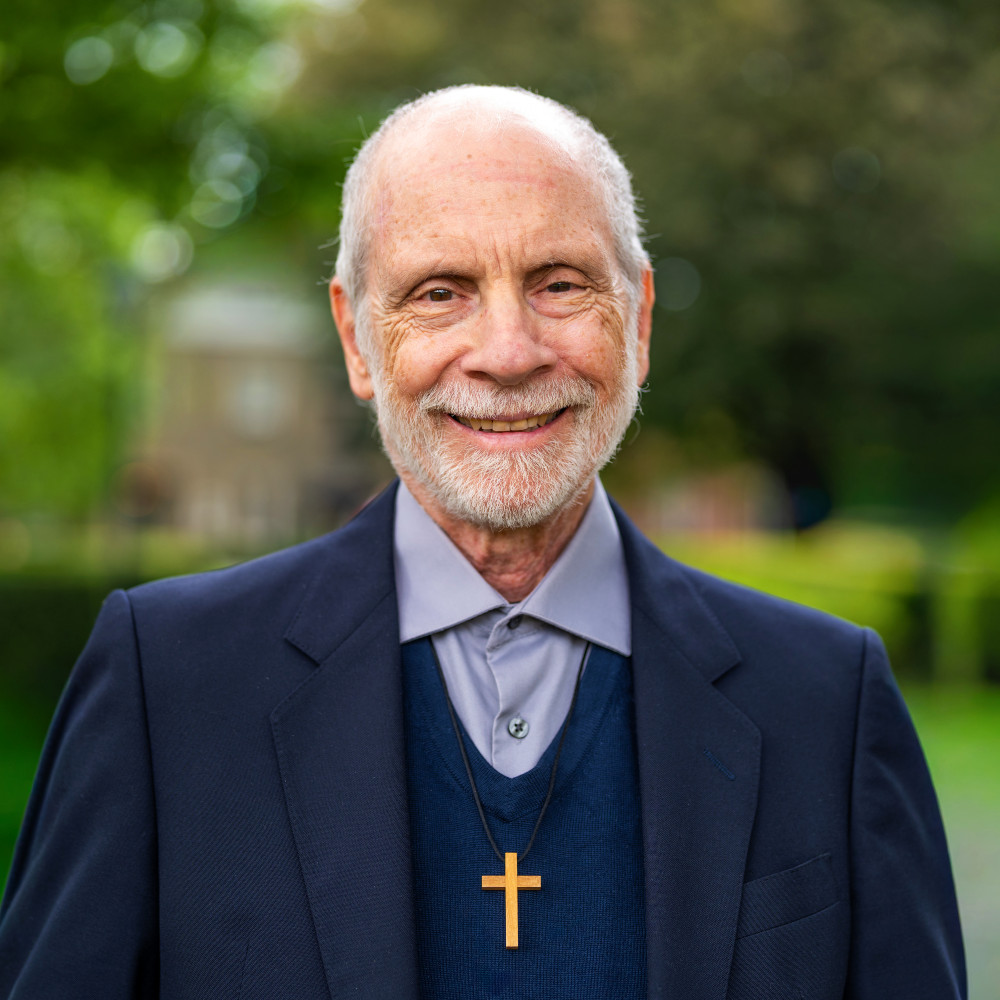St. Ignatius Loyola Chair
William Rehg, S.J.

- Tuesday, October 14, 2025 from 4:30 - 6:00 PM Rose Hill, McShane Campus Center
- Tuesday, April 14, 2026 from 4:30 - 6:00 PM Rose Hill, McShane Campus Center
Synopsis of Fall 2025 Lecture
Hope is becoming increasingly important in today’s world. With his 2019 history of the millennia-long dialogue between faith and reason, German philosopher-sociologist Jürgen Habermas aims
to encourage the hope that a more just and peaceful world is possible through further dialogue. In the Fall Public Lecture I argue that Habermas’s vision describes a task for which Jesuit universities are especially well suited. But Habermas overlooks the ways in which climate change makes such dialogue increasingly unlikely. Is not a pessimistic outlook more realistic? That question challenges us to think more deeply about what hope in today’s world means.
Biography
The St. Ignatius Loyola Chair offers Jesuits from the USA and around the world the opportunity to serve as “a distinguished professor who would contribute to and enhance the Catholic and Jesuit tradition of Fordham University.” Qualified and invited Jesuits hold the chair for 1-2 semesters of an academic year and are hosted by a university department or school.
During each semester of residency, the Loyola Chair Jesuit teaches one course (graduate or undergraduate) and delivers one public lecture at both the Rose Hill and Lincoln Center campuses. The host department or school provides office space, as well as the support of a graduate assistant. Funding provided by the Chair covers (1) Per Diem at Spellman Hall Jesuit Community, (2) a salary paid to the recipient’s community, and (3) research/travel funds.
Past recipients include:
- Stephen Schloesser, S.J.
- R. Bentley Anderson, S.J.
- Jose Badenes, S.J.
- John Baldovin, S.J.
- Dean Bechard, S.J.
- Louis Caruana, S.J.
- Guy Consolmagno, S.J.
- Pierre de Charantenay, S.J.
- Brian Daley, S.J.
- Terrence Dempsey S.J.
- Stephen Fields, S.J.
- Gerry Fogarty, S.J.
- Paul Mariani, S.J.
- Francis X. McAloon, S.J.
- Thomas McCoog, S.J.
- Gerard McKevitt, S.J.
- Willy Moka-Mubelo, S.J., Ph.D.
- Bruce Morrill, S.J.
- Ronald Murphy S.J.
- Vincent Potter, S.J.
- Peter Rogers, S.J.
- Patrick Ryan, S.J.
- Stephen Schloesser, S.J.
- Peter Steele, S.J.
- Michael Zampelli, S.J.